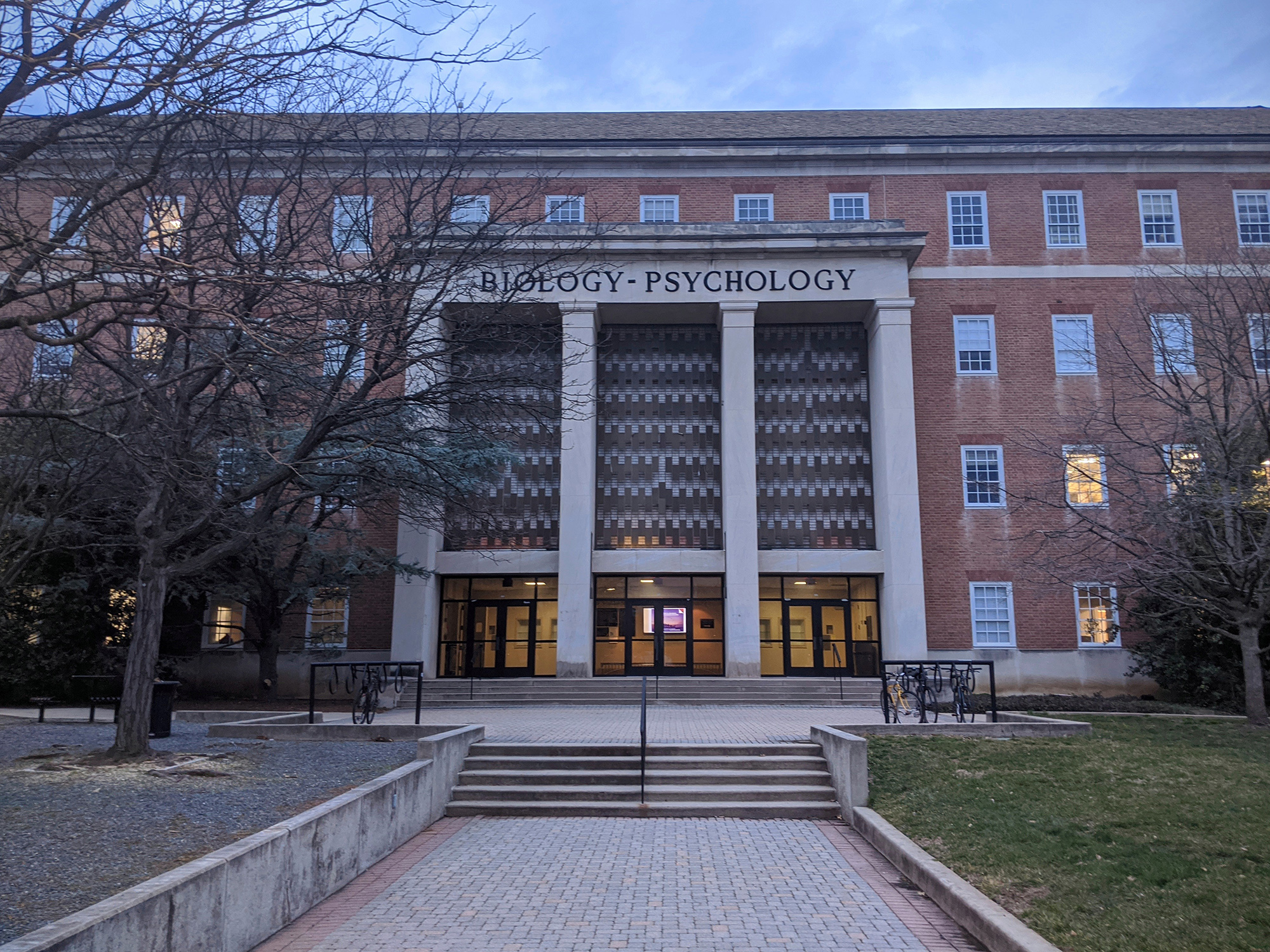Views expressed in opinion columns are the author’s own.
Even before coming to UMD, I knew that I wanted to study psychology. I begged my grandma to buy me a copy of the DSM-5, spoke with licensed therapists about their profession and devoted my free time to understanding the inner workings of the mind. To me, psychology has always been mind-blowing; there exists a unique intersection of both individualism and natural human instinct that works together to define one’s psyche. I entered my freshman year excited to learn more about this topic I found so interesting, but my psychology-heavy schedule and I were met with a startling and discouraging surprise: each course was deeply rooted in pseudoscience.
No, my professors didn’t advertise a class devoted to inaccurate facts and figures. Most of these courses were extremely insightful and full of valid scientific data that greatly influenced my passion toward mental health. However, these classes also emphasized the importance of personality assessments, considering them to be defining aspects of people’s most fitting career options, general strengths and weaknesses and personality types. We most often used the results of these tests as the basis for term papers and essays.
These tests came in many forms. Upon taking the Strong Interest Inventory, a commonly used pseudoscience test, I was informed that my most fitting job was as a freight transporter or plumber. Contrarily, my least fitting jobs were as an artist and a writer, which is pretty ironic given my freelance art business and role here at The Diamondback.
Similarly, the popularly taught assessment known as the Myers-Briggs boasts a 90 percent accuracy rate among its test takers. Unfortunately, this assessment is riddled with issues. For one, the legitimacy of psychology is fundamentally wrapped around the idea of replicability; here, the individual taking the exam would need to get the same personality type time and time again to ensure validity. However, nearly 50 percent of the test-takers get a different result the second time they take it, clearly demonstrating the invalid and unscientific nature of this test.
The Myers-Briggs assessment is not the only example of an unscientific test prevalent in what should be a fully scientific subject. Many of these job assessments and career exams, such as the Strong Interest Inventory or the Keirsey Temperament Sorter, are administered in a way where the probability of human error is high: Given that these are often in an online, multiple-choice format, it’s very easy for someone to accidentally click the wrong button, read the question wrong or simply answer without thinking it through.
Furthermore, this pseudoscience comes at a cost to students. To get their results, students have to pay a hefty fee — one that is often not included in the price of textbooks or other university materials. The Myers-Briggs test costs $49.95, and the Strong Interest Inventory test costs a whopping $67.50 — both of which present an absurd burden on students, particularly given the low validity of this research.
I’m not saying these assessments are a total waste. At the very minimum, they allow the person taking the assessment the time to reflect on their answers and possibly make their own decisions regarding their personal strengths and weaknesses. But they should by no means play a substantive role in academia.
Psychology is so much more than gimmicky personality assessments and career exams. Because many of those who major in psychology are looking to get involved in lab work, courses should instead use these assessments as examples of what not to do when conducting research. Psychology students would benefit much more if classes were consistent with what they taught: It’s confusing to have one lesson on the importance of the scientific method and another that praises an assessment that ignores the scientific method as a valid personality study.
In an academic context, it’s absurd that many college students’ first exposure to psychology is expensive and often inaccurate pseudoscience. As a result, many psychology students — such as myself — will be driven away from the passion that initially drew them toward pursuing higher education in the field. Professors must reevaluate their course curriculum — and if it’s riddled with these expensive and nonacademic assessments, reform their material to save students’ time, money and interest in psychology.
Gabriella Kurczeski is a junior English and psychology major. She can be reached at gkurczes@terpmail.umd.edu.



